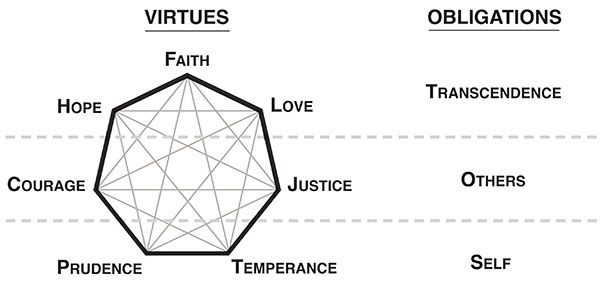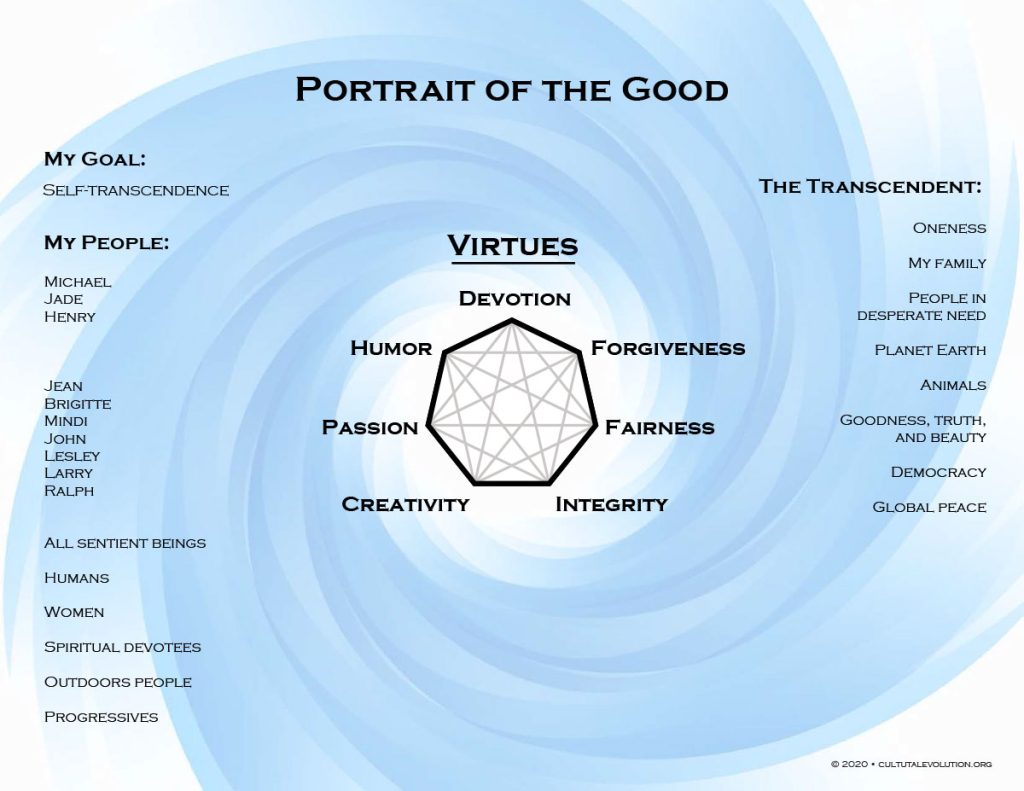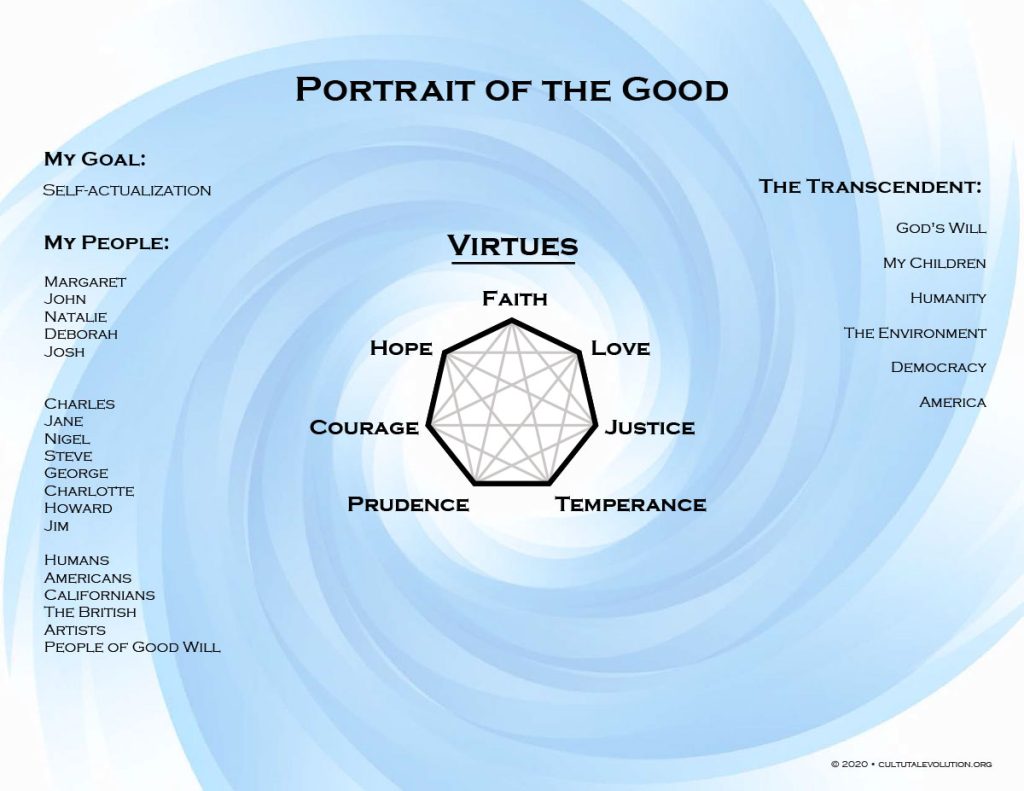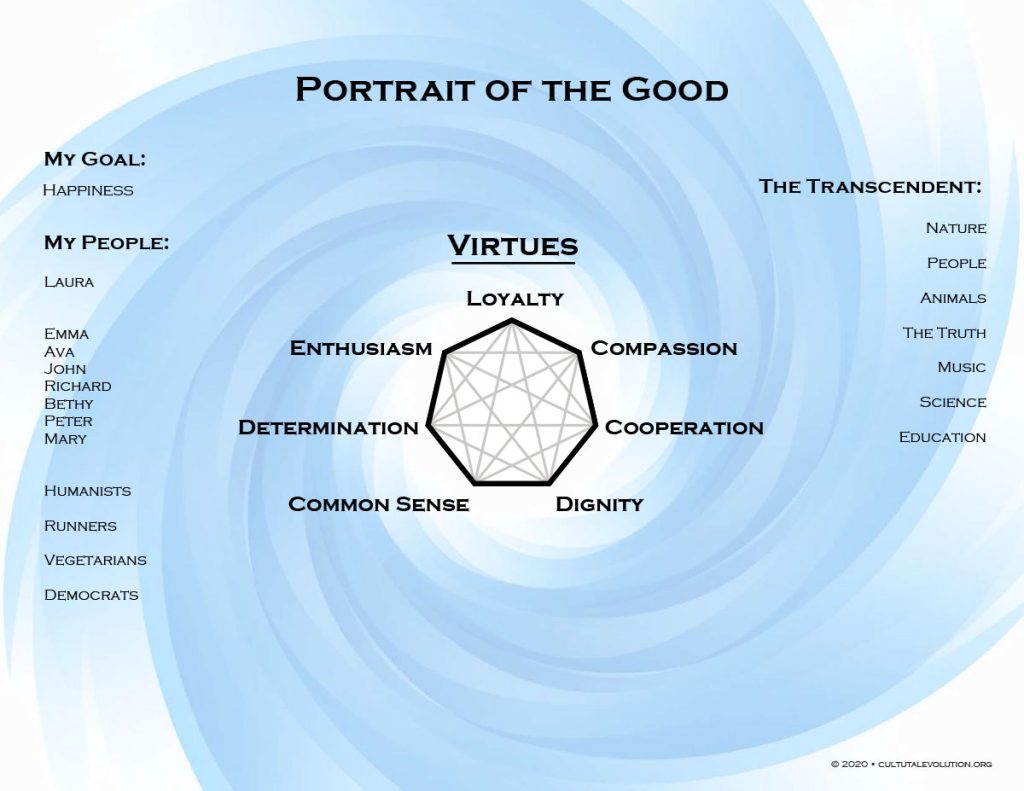As I picked my jaw up off the floor after hearing Rep. Todd Akin’s now infamous statement that women’s uteruses have the magical power to resist impregnation in the case of rape, I wondered, “Where could he have gotten that idea?” Laura Helmuth, writing for Salon.com’s XXfactor, noted that his “statement was a crystallization of Akin’s worldview: sexist, blame-shifting, and profoundly ignorant.”
Then it clicked for me — yes, it’s a worldview but in a much deeper way than Helmuth realizes. The Onion hit the nail on the head when one of their “experts” noted that ”It’s almost as if these people are unaware that the Enlightenment, the scientific revolution, various civil rights movements, and the entirety of social progress over the previous several centuries even occurred.”
That’s right. Akin’s views are positively medieval. I mean this literally. Medieval means prerational. And the problem is that rationality, the capacity to exercise reason, happens to be foundational to our form of democracy.
I’m saying prerational, not irrational, although it is that, too. By prerational, I am pointing to a lack of cognitive structure that makes actual abstract thinking possible. Think Piaget and his work on human intellectual development–the individual mind tends to develop from an embeddedness in the concrete to a capacity to engage in formal abstractions. Before the Western Enlightenment, only the rarest individual could think abstractly, and after, it’s become the standard for what we consider to be an educated adult. But clearly not everybody gets there. So, while we use the term “medieval” to describe a cultural epoch in Western history, you could also say that we are actually referring to a mind that tends to make sense of the world by calling upon supernatural forces and that struggles to form clear categories of thought. (Yes, philosophically minded folks out there, I am saying that there is some merit to the adage that ontogeny recapitulates phylogeny.) The medieval mind is always anxious–fed by marauding ideas of apocalypse, demons, and signs of impending doom that only some larger superhuman force can combat. Commandments (“Thou shalt not…”) work for the medieval mind; abstract principles (like justice and equality) elude its grasp.
I think of a conversation that I had with my brother-in-law a few years ago where he informed me that if the UK started using the Euro, then we would enter the End Times. It said so in the Bible, he told me, the Book of Revelations, of course–something about the beast with seven heads. A proliferation of websites provide “scientific evidence” that the sun revolves around the Earth and that everything in Genesis is completely true. Then there is Glen Beck. I’ve only seen his program once, when he listed the five biggest problems facing America and then jumped back in stunned revelation when the first letter of each sentence that he wrote spelled out “O B A M A.” Wow, see?
Yes, I see, do you? Prerational. Like Michele Bachmann saying that last year’s earthquake and hurricane were a sign from God to liberal politicians. Or Akin’s belief that the body of a “good” woman who was honestly and truly raped would shut down and prevent pregnancy. I’m not the only one who noticed that the logic of his “legitimate rape” is similar to the tests to see if a woman was a witch. Held under water, if she drowned, she was innocent. If she lived, she was obviously a witch and then burned at the stake. Medieval. Remember the Inquisition?
No surprise, then, that Republicans are also proposing a return to a kind of feudalism — wanting to end universal suffrage in order to grant voting rights only to property owners. (See Tom de Zengotita’s blog on this topic.) At the birth of this country, as humanity was pulling out of medievalism and creating modernism (powered by the Western Enlightenment, which is all about the emergence of rationality), the remnants of feudal landowning privilege and custom combined with disbelief that all men (and certainly not women) would be educated enough to exercise the faculty of reason to be able to vote responsibly. So the vote was withheld from those without property, from slaves, and from women.
It’s amazing to me, given the extraordinary vision of this country’s founders for the potential of a modern, rational state, that we are still not there yet. Over the last forty years, the erosion of reason, simulcast with the failure of public education, have placed this vision further and further from reach. “An educated citizenry is a vital requisite for our survival as a free people,” said Jefferson.
How did we end up here? Well, like anything complex, you can’t just point to a single cause. But I’d like to highlight something. It’s interesting that, just at the point that American culture began to engage more deeply with its founding principles of equality and liberty through the deeper enfranchisement of people of color, women, etc., the center began to wobble. The span between Right and Left, once far more narrow, opened wide enough to drive a bus through. Why? I think it has something to do with the greater complexity demanded to take into account the plurality of views clamoring for attention in the public domain. How do you tell who or what is right? What is fair?
It depends on your perspective, is often the answer. The move from modernity to postmodernity that gathered steam in the 1960s demanded that we grapple with multiple perspectives and invited us to see that truth is relative, depending on the life circumstances of the individual(s) involved. In a compassionate desire for greater inclusion, all perspectives were given equal validity. “We each have our own truth.” In the face of the challenge to think through more and engage with greater uncertainty, some of our brethren and sistren seem to have retreated and constructed a fortress in an earlier worldview that gives simple and absolute answers to complex challenges. (You sometimes see this among New Age believers, too–a belief in some magical shift that will bring us all happily into a new paradigm. That’s medievalism dressed up as futurism.) As those on the cultural vanguard struggle to care for a wider and wider circle of humanity and sentient life, a significant portion of the populace are trying to go back to the future. And I mean back to the middle ages–at least in terms of values and beliefs.
What do we do about it? I don’t think there are easy answers. The trouble with rationality is that it takes effort. In fact, it takes thought. But we can start with the realization that all perspectives are not equally valid. For democracy in our country to work, we need thinking that is up to the task, which means that we need adults who are educated to reason, not just to defend outdated medieval beliefs.









Thanks, Elizabeth! A lot of Medieval thinking out there. Your application of integral theory is very helpful in understanding what’s going on.